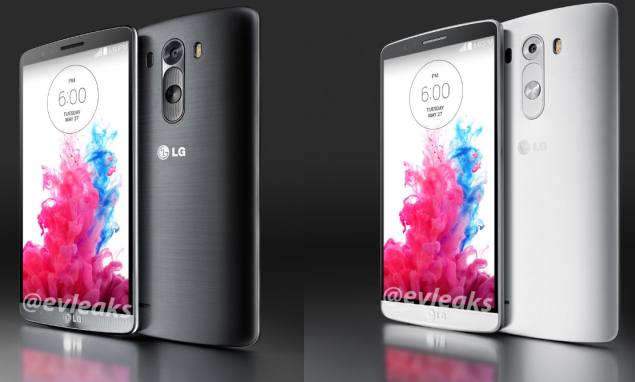

 By @PrimeKing78
By @PrimeKing78



 @HullBreach
@HullBreach
 @jsa005
@jsa005 @PrimeKing78
@PrimeKing78 @HullBreach
@HullBreach
 @PrimeKing78
@PrimeKing78 @PrimeKing78
@PrimeKing78 @HullBreach
@HullBreach
 @Raisons du Coeur
@Raisons du Coeur @HullBreach
@HullBreach